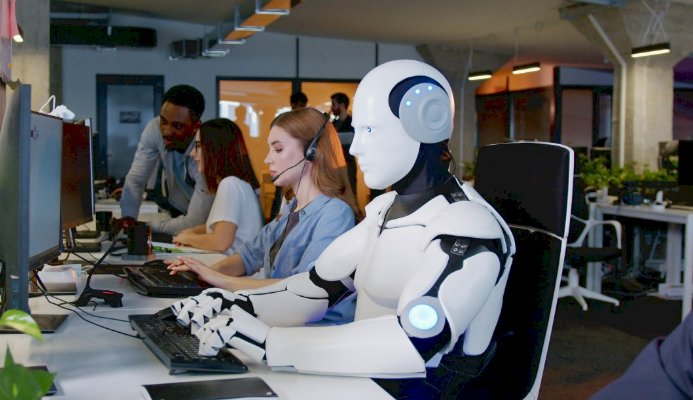Will AI Chatbots Replace Customer Support Jobs?

The rapid rise of AI-powered chatbots has sparked a common question in today’s workforce: Will AI replace customer support jobs? The short answer is — not entirely. While AI is undoubtedly transforming how customer service is delivered, human support still plays a vital role that machines can't fully replicate.
The Rise of AI in Customer Support
AI chatbots have become increasingly popular for businesses due to their ability to provide instant responses, 24/7 availability, and consistent messaging. These bots can handle common queries, troubleshoot basic issues, and guide users through routine processes — all without human intervention. For companies, this means reduced wait times, lower costs, and increased customer satisfaction for standard inquiries.
What AI Chatbots Can (and Can't) Do
AI excels at:
-
Handling FAQs
-
Processing orders or returns
-
Booking appointments
-
Routing tickets to appropriate departments
However, AI still struggles with:
-
Understanding complex, emotional, or nuanced issues
-
Dealing with sensitive or high-stress situations
-
Offering personalized, empathetic support
While AI can mimic empathy to some extent using natural language processing, it lacks true emotional intelligence and human judgment — two traits essential in customer care.
The Future: Collaboration, Not Replacement
Rather than replacing customer support jobs, AI is more likely to reshape them. Chatbots can handle repetitive tasks, allowing human agents to focus on more complex or emotionally sensitive interactions. This collaboration boosts efficiency and enhances the overall customer experience.
Support roles are evolving into hybrid positions that require both technical and interpersonal skills. Agents may become chatbot trainers, conversation designers, or specialists in handling escalations. In short, AI is a tool — not a threat — when used strategically.
Conclusion
AI chatbots are undoubtedly changing the customer support landscape, but they aren’t replacing human jobs entirely. Instead, they’re shifting the focus of support roles, enhancing the speed and quality of service while still relying on the human touch for what matters most. Businesses that balance automation with empathy will lead the way in the future of customer experience.





















